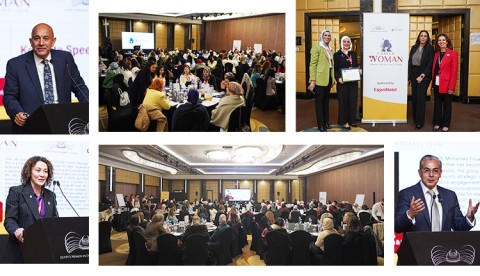Iraq has announced that the re-operation of Karbala and Beiji oil refineries would meet 100% of its local demand for petroleum products.
The Parliamentary Oil, Gas, and Natural Resources Committee confirmed that the Karbala refinery will fill 80% of the current import need after operating at full capacity while indicating that the production capacity of the Baiji refinery will reach 300 thousand barrels after the completion of its reconstruction and rehabilitation. Thus, it can, with Karbala refinery, fill the local need by 100%.
Baiji refinery, once Iraq’s biggest refinery, was largely destroyed and looted by the Islamic State when occupied some parts of Iraq.
“The Karbala refinery is currently operating under trial operation, but if it is completed and operating at full capacity, it will compensate and cover 80% of the import,” said MP Kazen Al- Touki, noting that the Baiji refinery will complete the remaining 20 %.
“The production capacity of the Baiji refinery currently (first qualification) is 150,000 barrels, which is expected to rise to 300,000 barrels by completion of its construction,” Al-Touki added.
Karbala oil refinery, located near Karbala province in Southern Iraq, was inaugurated in April 2023 with a production capacity of 140,000 barrels per day (bpd). The refinery, which began trial operations in September 2022, includes 33 operational, service, and storage units, as well as a station for pumping oil products to external depots and gas filling stations. The refinery also includes a 200 MW power plant, 60 MW of which will contribute to Iraq’s national grid.
The US$6bn refinery, which was developed by ATCONZ and Invest International (Italy), is supplied with crude oil via a pipeline from the southern oil fields in Basra. Construction started in 2014.
Iraq has 16 refineries, for a total nominal capacity of 1 mbpd. The main refineries are Baiji, Basra, Daura, and Kalak.








